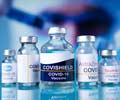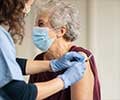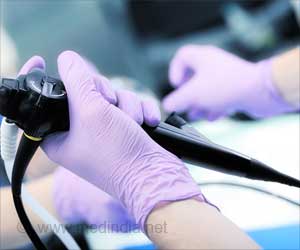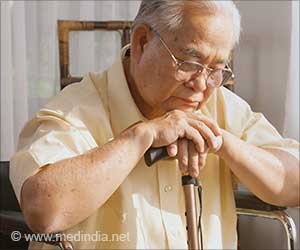Testing of an inhaled COVID-19 vaccine that boosts immune response by targeting the lungs directly.
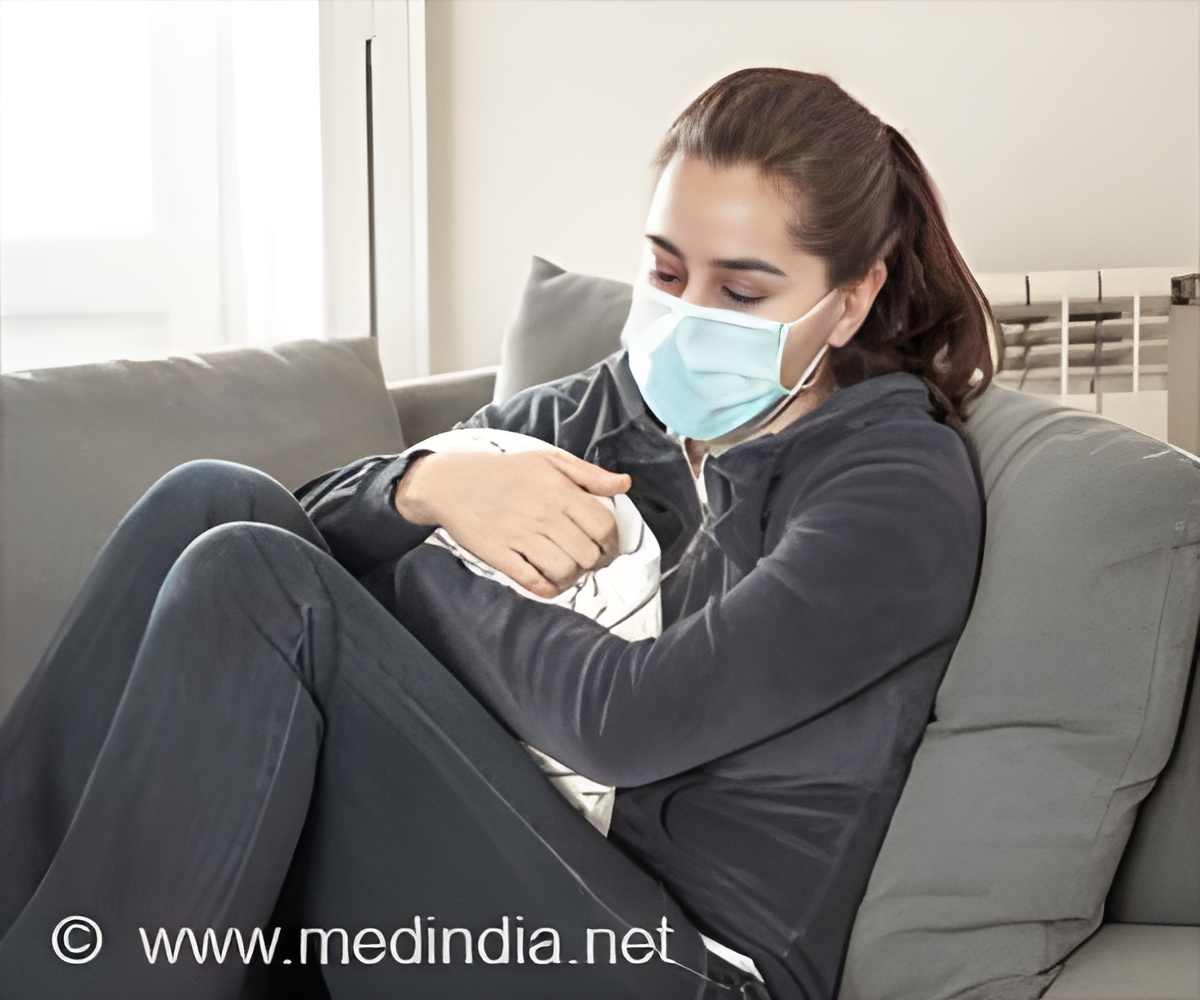
Development of Nasal Vaccines and the Associated Challenges
Go to source)
Advertisement
Promise of a Needle-Free COVID-19 Vaccine
A phase-2 clinical trial for a next-generation inhaled COVID-19 vaccine has begun at McMaster University. With $8 million in funding from the Canadian Institutes of Health Research (CIHR), the AeroVax trial will test needle-free vaccines designed to protect against SARS-CoV-2.The multi-center experiment, which will be led by Fiona Smaill and Zhou Xing of McMaster's Michael G. DeGroote Institute for Infectious Disease Research (IIDR), will assess the novel vaccine in a large study group and verify its safety.
Because McMaster's inhaled vaccine targets the lungs and upper airways, which are where the virus first enters the body, it is more effective than traditional injected vaccines at eliciting immune responses, according to pre-clinical study results and soon-to-be published phase-1 trial data (2✔ ✔Trusted Source
Bridging nanoplatform and vaccine delivery, a landscape of strategy to enhance nasal immunity
Go to source).
Advertisement
Phase-2 Clinical Trial and Participation
“While needle-based COVID-19 vaccines have reduced deaths and hospitalizations, they haven’t prevented recurrent infections,” says Smaill. “From development through clinical testing, McMaster's inhaled vaccine is wholly Canadian. There will be 350 participants from Hamilton, Ottawa, and Halifax in the phase-2 experiment. A minimum of three doses of the mRNA vaccine, no previous AstraZeneca vaccination, no COVID-19 infection or vaccination during the last three months, and no pulmonary disease are requirements for eligibility.Two-thirds of participants will receive the vaccination in the randomized placebo-controlled experiment, with the remaining individuals receiving a placebo. According to Smaill, "clinical trials establish the efficacy and safety of new health products." "We can better understand protection levels and side effects thanks to randomization, which guarantees objective comparison."
Advertisement
What’s Next for the Inhaled Vaccine?
Matthew Miller, director of the IIDR and Global Nexus at McMaster and a member of the trial study team, continues, "Every medication or vaccine that we use and trust today has at one point gone through similar clinical trials processes." "This is a rigorously regulated procedure with close supervision that guarantees participant safety and will produce vital data to guide the subsequent stages of development."After the study, scientists will proceed with phase-3 clinical studies to evaluate the vaccine's effectiveness in a bigger population group and eventually prepare it for market approval.
References:
- Development of Nasal Vaccines and the Associated Challenges - (https://pubmed.ncbi.nlm.nih.gov/36297419/)
- Bridging nanoplatform and vaccine delivery, a landscape of strategy to enhance nasal immunity - (https://pubmed.ncbi.nlm.nih.gov/36174803/)
Source-McMaster University




